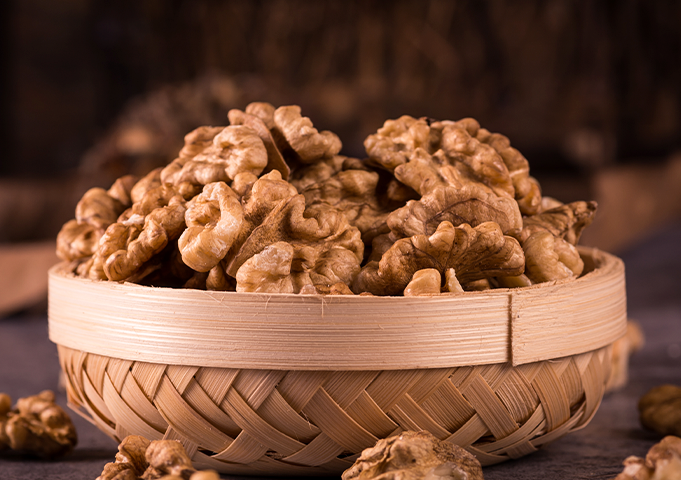

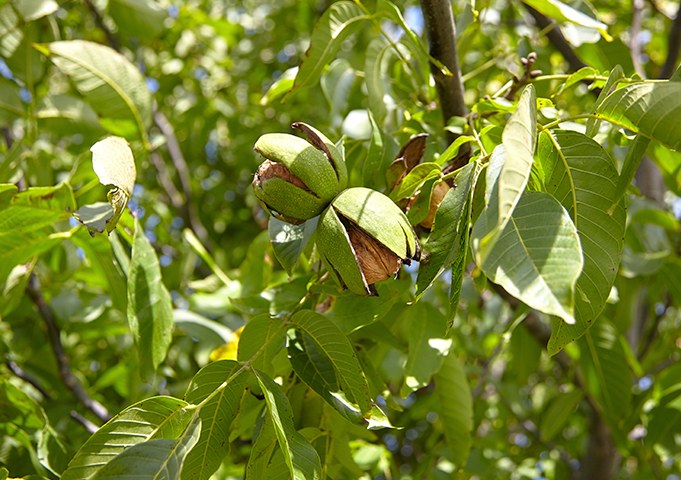
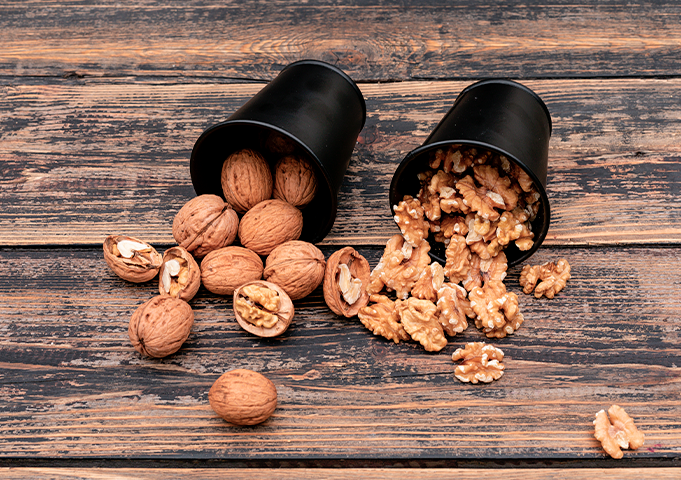







In an interview with EastFruit experts, Sukhrob Akabirov, manager of the gardens of Sag Gardens LLC, spoke about the largest nut project in Central Asia.
Learn more
“Royal walnut”, “four brains”, “grain of love” - These are the different names for walnuts in different countries and cultures! It is known for its beneficial effects on the functioning of the brain, heart, blood vessels, nervous system, thyroid gland and other organs. However, the popularity of the walnut has given rise to many myths about it. And today we will analyze these myths and look at total infographics about the benefits of the product.
Learn more
High quality, unique taste and great prospects of working with us
Learn more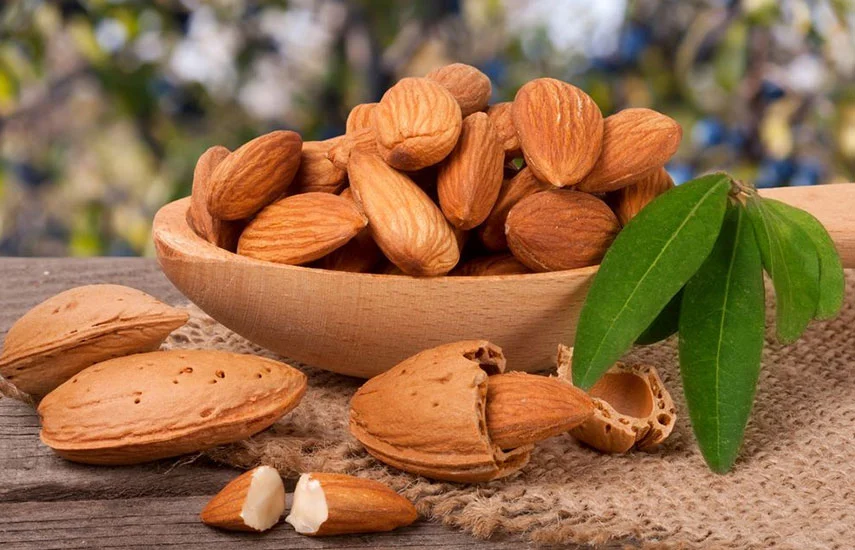
If used in moderation, nuts will help you lose weight, make your skin smooth, and your hair thick and shiny.
Learn more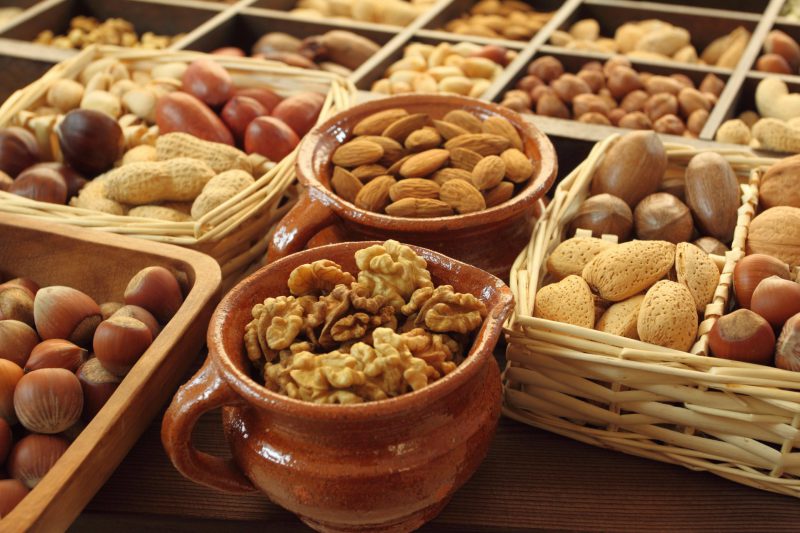
Nuts are amazingly healthy foods! They are very high in protein and can be a key element in a vegetarian diet. However, they also contain many other useful elements. But which nut is the best?
Learn more
Almonds are good both as a snack and as an ingredient in various dishes. Milk, marzipan and flour are made from it, and almond oil is used in cosmetology. Its undeniable advantages are not only a pleasant, delicate taste, but also a healthy composition.
Learn more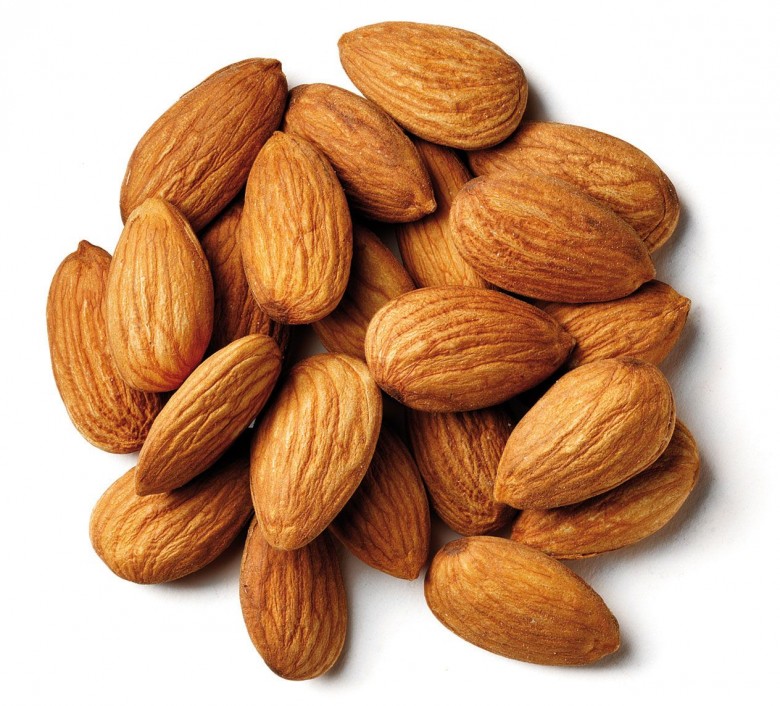
Lots of people are overweight, and eating right is one of the key ways to avoid it. Now, Australian scientists have found that snacking on a handful of raw almonds every day can help hormone regulation of appetite and reduce food intake in the long term.
Learn more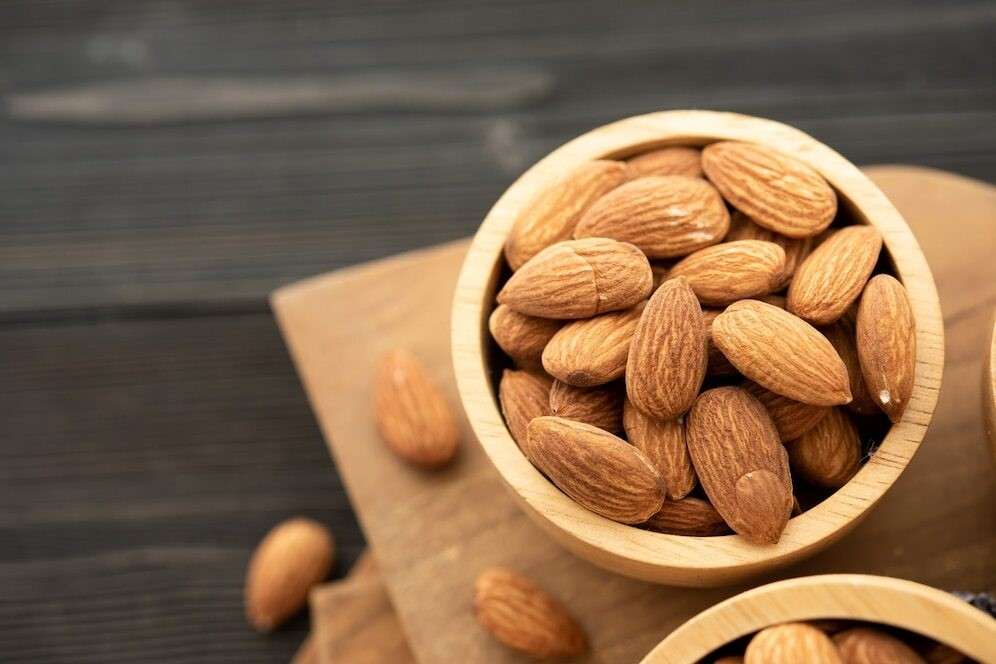
Almonds are part of the plum family - just like peaches, cherries and apricots! To begin with, it's probably worth noting that almonds are not a nut. In fact, these are the seeds of the almond tree. It is a stone fruit, meaning it has a fleshy outer surface and a pit inside, like cherries, peaches and plums.
Learn more